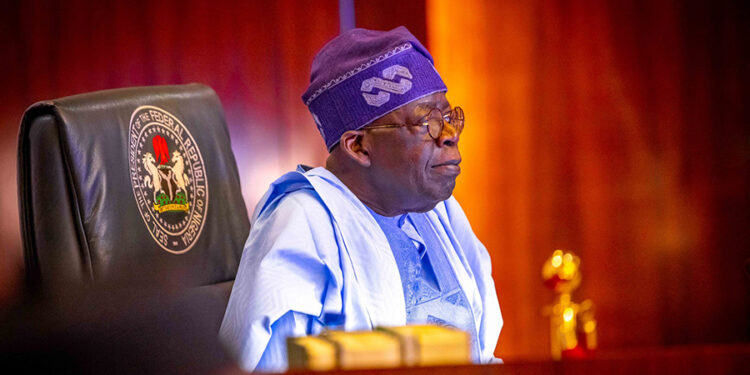
By Bakare Ogunleye
The Federal Government of Nigeria spent a staggering ₦611.71 billion in March 2025 to service its first-ever domestic dollar-denominated bond, raising fresh concerns over the sustainability of Nigeria’s debt profile amid persistent revenue challenges.
The payment, which covered interest and part of the principal on the dollar bond issued in the domestic market, reflects the rising cost of debt servicing as the government seeks alternative funding to close budget deficits and manage foreign exchange pressures.
The dollar bond, introduced in 2024 as part of efforts to deepen the local debt market and reduce reliance on external borrowings, was targeted primarily at local institutional investors with dollar liquidity. However, analysts warn that the steep cost of servicing such instruments, especially when funded with naira earnings, could put additional strain on fiscal operations.
“This development underscores the urgent need for the government to improve revenue generation and rationalize spending,” said a Lagos-based financial analyst. “Servicing debt in foreign currency from a largely naira-based revenue system exposes the country to currency risk and rising repayment costs.”
The ₦611.71 billion payout in March represents a significant portion of the country’s monthly expenditure, with experts cautioning that the growing debt burden may crowd out funding for critical sectors like education, healthcare, and infrastructure.
As Nigeria’s total public debt crosses the ₦121 trillion mark, fiscal policy watchers are calling for greater transparency in debt management and a shift toward more sustainable financing strategies that do not mortgage future revenues for short-term relief.








